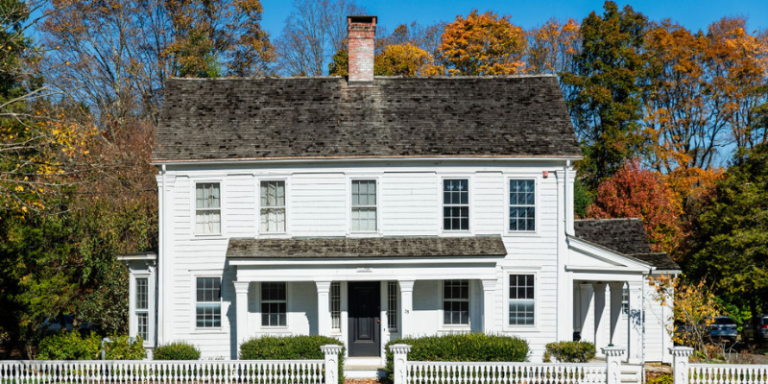Trust in Society, America v Singapore
A look at social trust and crime in America and Singapore.
By: Onar Åm | July 25, 2020 | 408 Words

House (Photo by John GreimLightRocket via Getty Images)
Does your family lock up the house at night or when you’re away? If so, you’re like most other Americans today – but that wasn’t always the case. There used to be a time in America when people didn’t need to lock their doors. What happened to that sense of trust between neighbors?
Much of that changed from the 1960s and onward. Today, the U.S. is divided over law and order – many want to get rid of police because of cases of brutality, with others worried that defunding the police will only lead to more crime and violence on the streets.
Are these just normal features of life, or a sign of something wrong in America today? Perhaps taking a look halfway across the world will give us an interesting comparison.
Singapore
Singapore is a small South-East Asian city-state of five million people. It is so safe that almost no serious crime occurs. Even minor offenses like shoplifting and bicycle theft are rare.
Manufactured Trust
The widespread trust in strangers seen in Singapore is not a natural part of South-East Asian culture. The region is full of ethnic conflicts, and Singapore itself was created from a civil war in Malaysia in 1965.
Singapore started with a low-trust society, like in many American inner cities. The government understood that to attract investors and create jobs, it needed to get rid of corruption and crime. Over many years, Singapore has punished crime very severely. The result is what we see today: one of the safest countries in the world.
Less Racism
Singaporeans aren’t just less afraid of crime and strangers; they are also less scared of immigrants and people of other races. The reason is that Singapore has been strict about who can immigrate. Only people who pay for their stay are allowed into the country. There is zero tolerance for crime and civil disorder.
For example, a group of Britons who violated the Coronavirus rules for social distancing were fined $6,500 each. They were also banned from working in Singapore. It might seem like a harsh reaction, but the result is that Singaporeans do not learn to resent foreigners. They know that whenever they meet an immigrant on the street, they can trust him. A positive side effect of creating a society where people can trust each other is less racism.
Can the U.S. learn from Singapore? Is the answer less law enforcement, or more?
















